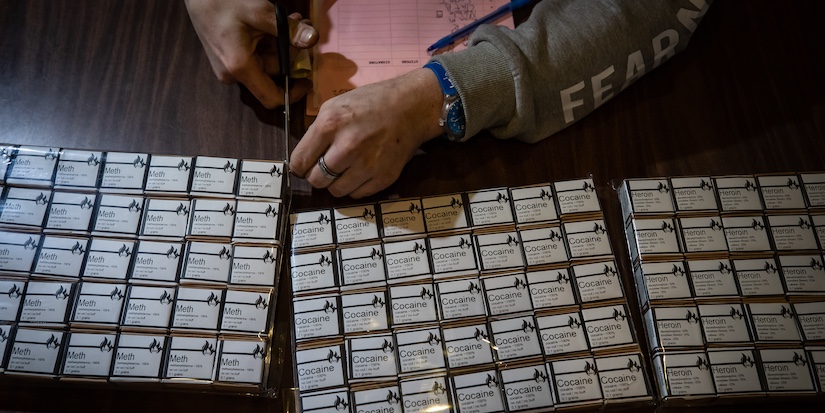Business
Nightclubs, banquet halls must close again during COVID-19

By Hannah Scott, Local Journalism Initiative reporter
Published 3:48 PDT, Tue September 8, 2020
Last Updated: 2:13 PDT, Wed May 12, 2021
—
All nightclubs and banquet halls must close immediately, provincial health officer Dr. Bonnie Henry said today.
The new order is in response to the increase in new cases. Despite hard work and extensive contact tracing, Henry said venues like nightclubs are still the source of major outbreaks. Restrictions have been adjusted in the past, but it remains challenging to prevent transmission in these venues because people are “not typically connected to each other,” said Henry.
In addition to the closure of nightclubs and banquet halls, liquor sales at other facilities are being limited. Bars, pubs and restaurants must stop selling alcohol at 10 p.m., and those venues must close at 11 p.m. unless they also provide meal service, in which case they can continue to serve food but not alcohol.
Additionally, to prevent people shouting at restaurants and other venues, background music or other sounds, including televisions, must be no louder than the volume of normal conversation.
“Issuing orders is our last resort,” said Henry.
But she added with the respiratory season coming in the fall, it’s crucial to make changes to reduce the risks of some environments. While most restaurants have been doing a good job of keeping things under control, she said the new orders are intended to take away “late-night temptation.”
Henry also continued to request people cut back their social interactions to reduce the risk of transmission.
“Keeping our household contacts and controlled work and school groups safe means having fewer contacts with other people, and particularly people we don’t know,” she said. “Now is the time for all of us to go back to our smaller, safer social interactions.”
Riskier situations include crowds, enclosed spaces and face-to-face contact. Being with people outside our close household bubble for a prolonged period of time “is now a risk too,” Henry said.
But, she added, it’s crucial to strike a balance where the economy, education system and health system are all working. If increasing social interactions at work or school, it’s important to scale back on other social interactions to find that balance.
Henry recommended returning to a bubble of five or six people, and maintaining distance with people outside that group. Physical distancing, hand hygiene and staying home when sick continue to be the best methods of protection.
“We’ve expanded (our social circles) quite a bit through the summer, as a whole,” said Henry. “But all of us need to find that balance, that trade-off in our own family to make sure that we can support children going back to school safely, or going back into work safely.”
Henry also announced case counts over the long weekend. From Friday to Saturday there were 123 new cases, from Saturday to Sunday an additional 116, from Sunday to Monday 107, and from Monday to midday today an additional 83.
Over the long weekend there were a total of 429 new cases, including 12 that are epidemiologically linked. BC has now recorded 6,591 cases since the pandemic began.
There are 1,386 active cases of COVID-19 in all health authorities across BC. Thirty-two people are in hospital, 12 of whom are in critical care or ICU.
There were two additional virus-related deaths over the weekend, both residents of longterm care. There have been 213 total deaths in BC since the start of the pandemic.
A record 3,063 people are under public health monitoring because of exposures to positive cases.
Henry also announced three new healthcare outbreaks today: Burnaby General Hospital and Rideau Retirement Residence, both in the Fraser Health region, and a second outbreak at Holy Family Hospital in the Vancouver Coastal Health region. The larger outbreak at Holy Family Hospital was declared over recently, and this new outbreak has only one confirmed case at this point. In total there are 14 active outbreaks in healthcare system, 11 in longterm care or assisted living and three in acute care.
For a list of community exposure events, click here.
For the latest medical updates, including case counts, prevention, risks and testing, visit: http://www.bccdc.ca/ or follow @CDCofBC on Twitter.






























